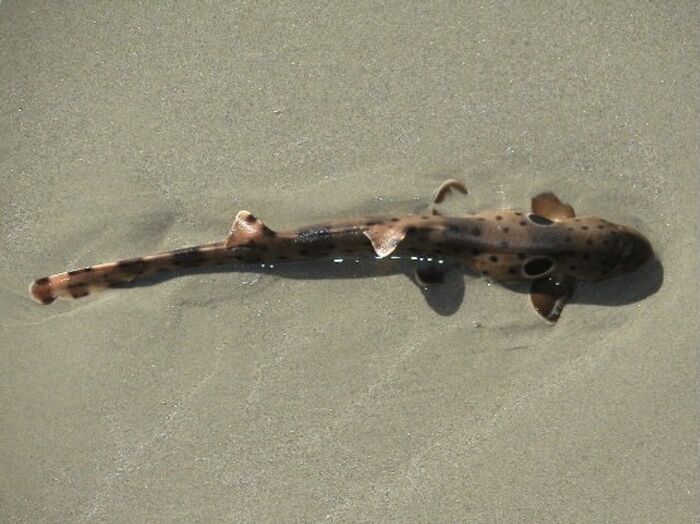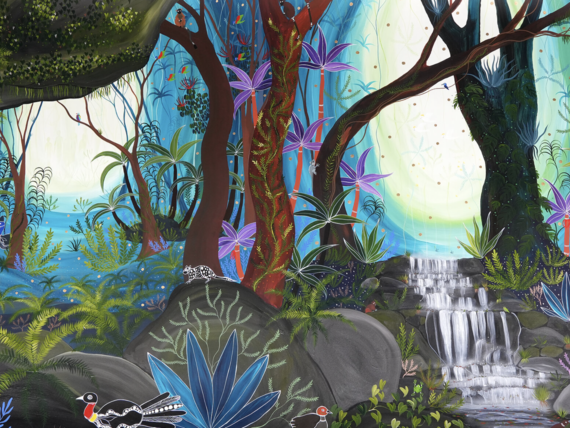Warming waters pose risk to GBR shark species

New research suggests warmer oceans would cause baby sharks to be born smaller and undernourished on the Great Barrier Reef.
The study – conducted by James Cook University PhD candidate Carolyn Wheeler – found epaulette sharks hatch prematurely in too-warm waters, impacting the species growth, development and physiological performance.
Ms Wheeler and her research team recently studied the species as embryos and hatchlings at JCU's ARC Centre of Excellence for Coral Reef Studies.
Ms Wheeler said her findings on the egg-laying species, found only on the Great Barrier Reef, flags rising ocean temperatures as a major concern for the future of all sharks.
“We tested shark embryos in waters up to 31°C,” Ms Wheeler said.
“The hotter the conditions, the faster everything happened, which could be a problem for the sharks.
“The embryos grew faster and used their yolk sac quicker, which is their only source of food as they develop in the egg case.
The conditions led to the sharks hatching earlier and smaller than usual, and needing to feed almost straight away while lacking significant energy.
Since sharks don’t care for their eggs after they are laid, an egg must be able to survive unprotected for up to four months.
Co-author of the study Professor Jodie Rummer, also from JCU, said the Great Barrier Reef waters will likely experience summer averages close to or even in excess of 31°C by the end of the century.
“The epaulette shark is known for its resilience to change, even to ocean acidification,” Dr Rummer said.
“So, if this species can’t cope with warming waters then how will other, less tolerant species fare?”
“The study presents a worrying future given that sharks are already threatened,” Ms Wheeler said.
“Sharks are important predators that keep ocean ecosystems healthy.
“Without predators, whole ecosystems can collapse, which is why we need to keep studying and protecting these creatures.”
“Our future ecosystems depend us taking urgent action to limit climate change,” Dr Rummer said.




